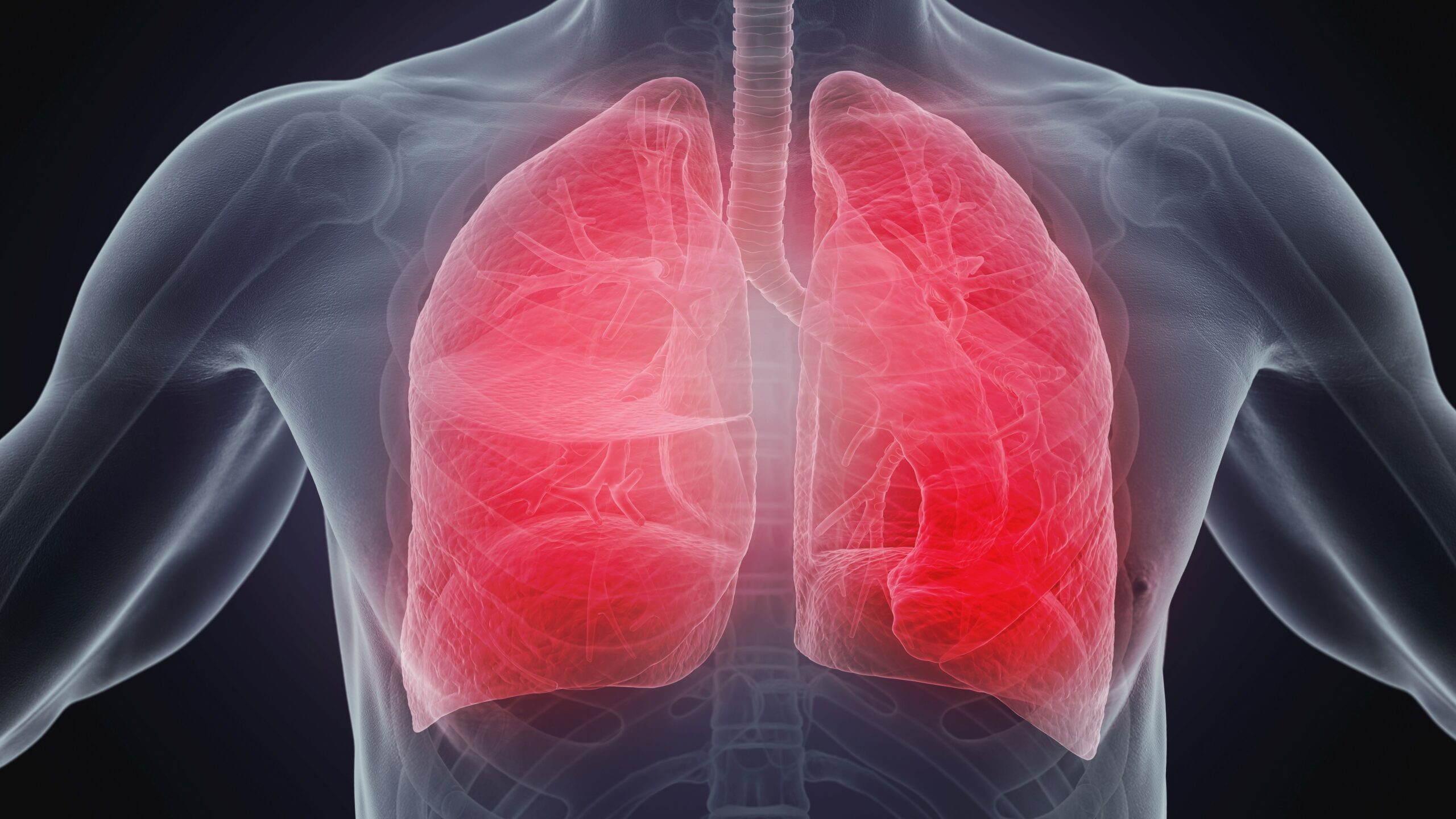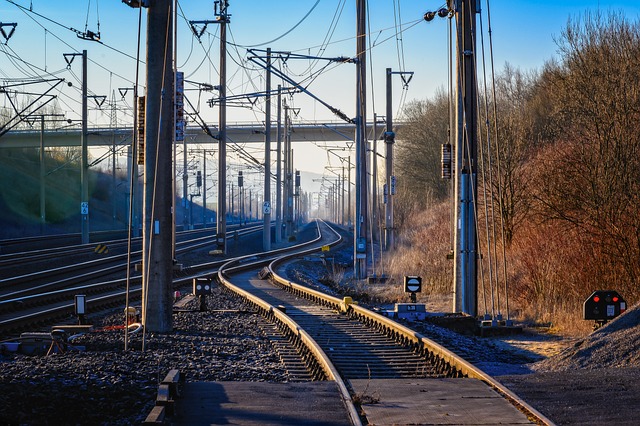
Over the last 30 years, the railroad cancer lawyers at Doran and Murphy have represented lots of railroad workers with bladder cancer. Unfortunately, the scenario is all too familiar. A retired or active engineer, conductor, track worker, or shop worker with bladder cancer calls our law firm and describes lots of exposure to diesel exhaust or other toxic fumes over many years. Often, these railroad workers quit smoking cigarettes years ago or perhaps were never smokers. These workers or their family members want to know about their rights to compensation under the Federal Employer’s Liability Act (FELA). The good news is that cancer compensation is available to workers through railroad cancer claims and railroad cancer lawsuits! While many different types of cancer are eligible for FELA compensation, this blog focuses on bladder cancer.

- Deisel Exhaust – from locomotives, diesel powered track repair equipment, diesel powered welders or any other source
- Welding Fumes – from welding as part of rail car or locomotive repair or on rail
- Creosote – from railroad ties
- Chemical Fumes – from leaking railroad tank cars, solvents/degreasers used in railroad shops, switching railroad cars at industrial customers or any other source
Many railroad workers are surprised to learn that railroads have known for decades that they were exposing workers to cancer-causing substances. A prior blog discussed that the nation’s railroads knew that diesel exhaust could cause cancer as far back as 1955, over 70 years ago! Similarly, railroad medical officers widely discussed that welding fumes and chemicals could cause disease and cancer as far back as 1965¹. Rather than warn railroad workers about these cancer hazards and provide protective respiratory protection, most railroads ignored the cancer risks and chose profits over worker safety.
Medical researchers studying groups of workers have made huge advances in learning about the occupational causes of bladder cancer. They have found that toxic fumes can be breathed into the lungs and make their way into the bloodstream of exposed workers. These chemicals are then metabolized and transported as waste into the bladder where they are stored until excreted in urine. While these toxic metabolites in the urine are in the bladder before excretion, they can come into contact with the lining of the bladder, known as the urothelium.
The more often and longer the period of time the toxic metabolites in the urine are in the bladder, the more likely it is that bladder cancer can develop over time. As one well-known published study by Latifovic et al. noted: “This may lead to an accumulation of related metabolites in the urine, where they may interact with the urothelium of the bladder to initiate carcinogenesis [cancer].”² The same study reported that “higher levels of diesel metabolites have been observed in the urine of [diesel exhaust] exposed individuals compared to unexposed individuals” and found that “occupational exposure to diesel engine emissions is an occupational risk factor for bladder cancer.” The same conclusion has been reached by countless other researchers when looking at the different chemicals and fumes that cause bladder cancer.
Any railroad worker with bladder cancer should not assume they were just “unlucky” and got bladder cancer. The long-term exposures to diesel exhaust, welding fumes, creosote, chemical fumes and other fumes regularly encountered by railroad workers significantly increased the risks of cancer. If you are a railroad worker with cancer or a loved one, call the railroad cancer attorneys at the law firm of Doran and Murphy today at 1-800-374-2144 to find out what compensation is available to you or you can contact us here.
¹ Association of American Railroads – Medical and Surgical Officers Meeting, March 1965
² Cancer Medicine 2015; 4(12): 1948–1962





